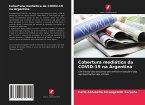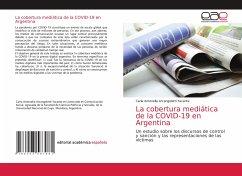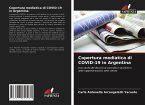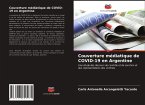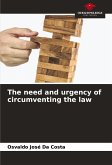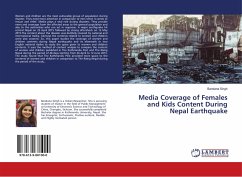The COVID-19 pandemic is a global-scale event that changed the lives of millions of people. In this process, still open, the media occupy a central place, mainly due to the fact that contexts of this type are characterized by the occurrence of extraordinary events that generate a greater perception of risk. In such situations, media consumption tends to increase due to people's need to receive quality information in real time. The general objective of this paper is to analyze the media coverage of COVID-19 in the Argentinean digital press. In specific terms, the aim is to identify: 1) what was the relevance of COVID-19 in the most important digital media of the country; 2) how the coverage was thematized; 3) if the exceptional nature of the situation favored the deployment of discourses of sanction and control, and 4) how the victims of the pandemic were constructed in the digital media.
Bitte wählen Sie Ihr Anliegen aus.
Rechnungen
Retourenschein anfordern
Bestellstatus
Storno


